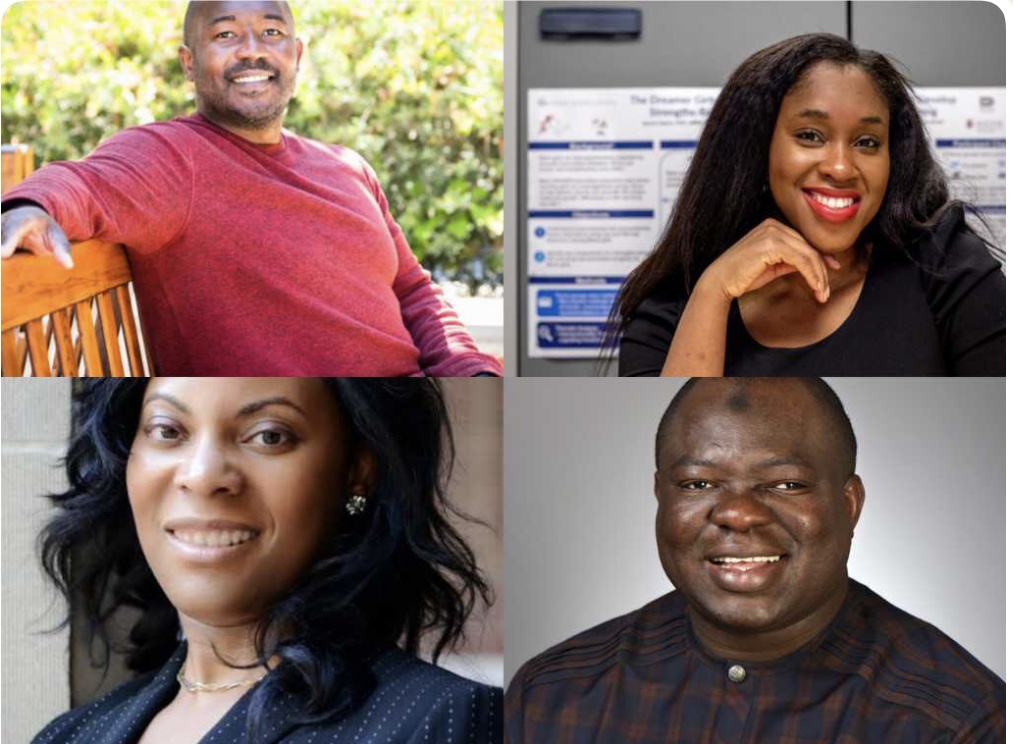
Screenshot
Six Nigerian scientists and engineers have been named among the 400 recipients of the Presidential Early Career Award for Scientists and Engineers (PECASE)—the highest honour bestowed by the United States government on outstanding young researchers.
The awardees include:
Azeez Butali, a professor at the University of Iowa
Ijeoma Opara, an associate professor at Yale University
Eno Ebong, an associate professor at Northeastern University
Oluwasanmi Koyejo, an assistant professor at Stanford University
Abidemi Ajiboye, an associate professor at Case Western Reserve University
Oluwatomi Akinlolu, a postdoctoral researcher at Lawrence Livermore National Laboratory
Recognising Excellence in Science and Engineering
Established in 1996 by former President Bill Clinton, the PECASE award honours individuals who demonstrate innovative research, leadership potential, and commitment to community service. To qualify, nominees must be US citizens, nationals, or permanent residents engaged in independent research, and are selected through federal agencies such as the National Institutes of Health (NIH) and the National Science Foundation (NSF). The White House makes the final selections, and recipients receive a plaque, a citation, and research funding for up to five years.
Nigerian Awardees and Their Groundbreaking Work
Professor Azeez Butali, recognised under the NIH category, is a leading researcher in cleft genetics. His research centres in Nigeria focus on identifying critical genetic links such as PAX7 and VAX1, while also supporting caregivers of children with cleft conditions.
Dr Ijeoma Opara, also an NIH awardee, is known for her work in substance abuse prevention and youth mental health. She leads projects addressing HIV/AIDS and the impact of neighbourhoods on young people in Paterson, New Jersey.
Professor Eno Ebong, honoured by the NSF, studies how blood flow and tissue stiffness impact vascular health, aiming to develop treatments for atherosclerosis and other cardiovascular diseases.
At Stanford University, Dr Oluwasanmi Koyejo focuses on trustworthy machine-learning models for healthcare and neuroscience. His work, backed by the NSF, seeks to improve fairness and robustness in artificial intelligence.
Professor Abidemi Ajiboye, recognised by the Department of Veterans Affairs, is pioneering research in brain-computer interface technologies to help restore mobility for individuals with spinal cord injuries.
Dr Oluwatomi Akinlolu contributes to cutting-edge scientific research at Lawrence Livermore National Laboratory, further advancing technological innovations.








